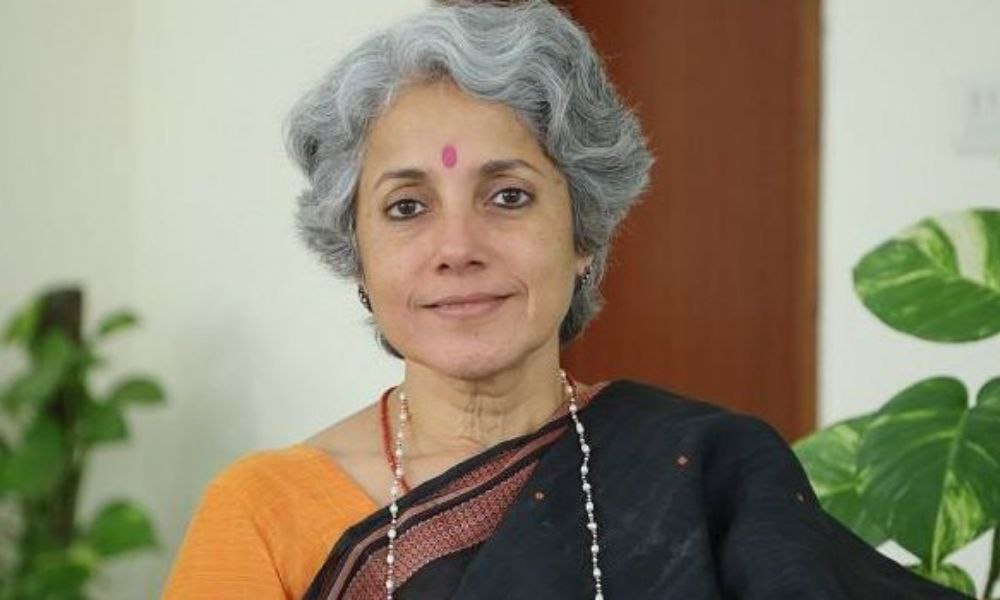
Image Credits: Sabguru
WHO Chief Lists 4 Reasons On Why Pandemic Is Not Slowing Down
Writer: Prattusa Mallik
A student of Journalism and Audio-Visual Communication, interested in words and silences alike, I aim to bring the narratives of the periphery to the centre, one story at a time. When not working, I'm usually caught reading, thinking, writing, watching Friends, or stargazing.
Others/World, 11 July 2021 9:37 AM GMT
Editor : Ankita Singh |
A literature lover who likes delving deeper into a wide range of societal issues and expresses her opinions about the same. Keeps looking for best-read recommendations while enjoying her coffee and tea.
Creatives : Ankita Singh
A literature lover who likes delving deeper into a wide range of societal issues and expresses her opinions about the same. Keeps looking for best-read recommendations while enjoying her coffee and tea.
The scientist noted four main reasons for the spread of the virus: spreading of the Delta variant, social mixing due to pandemic fatigue, ease in lockdown restrictions, and slow pace of vaccination.
WHO Chief Scientist Soumya Swaminathan, in her latest interview, has said there is enough evidence to prove that the COVID-19 pandemic is not slowing down. In fact, several factors lead to an increase in the number of cases in most regions globally.
In a recent interview with Bloomberg Television, the scientist mentioned that Coronavirus cases have increased in five of the six WHO regions. Also, the death toll has gone up by 30-40% in the last couple of weeks. "In the last 24 hours, close to 500,000 new cases have been reported and about 9,300 deaths – now that's not a pandemic that's slowing down," she said.
Reasons For The Increase
Swaminathan noted four main reasons for the spread of the virus: spreading of the Delta variant, social mixing due to pandemic fatigue, ease in lockdown restrictions, and sluggish vaccination rollout, reported India Today.
Uncontrollable Spreading
According to Swaminathan, the Delta variant is the most transmissible and the most threatening variant of coronavirus. The spread of this variant is majorly causing the surge in infections. To give a sense of how contagious it is, she gave an example. If a person infected with the original coronavirus, he could have infected almost three people, a person infected with the Delta variant can infect nearly eight people.
Rise In Social Mixing, Reduce In Restrictions
The scientist further elaborated on how people have started getting out of their houses and indulging in social mixing — either out of compulsion or pandemic fatigue — increasing infection rates. Also, several countries in the world have eased lockdown restrictions; specific regions within those countries have even declared relaxation in safety measures like masking or social distancing. All these are contributing to the surge as well.
Sluggish Vaccination, Shortage Of Resources
Swaminathan noted that vaccination levels in some countries are indeed reducing severe coronavirus infections and hospitalisation cases. However, there are still parts of the globe facing oxygen shortages, a lack of hospital beds, and significantly higher mortality rates.
In an earlier interview, Swaminathan had said that Covaxin's Phase 3 data looks "good and encouraging", and WHO can approve it by mid to late August hopefully. Most importantly, WHO has also considered the variants and has sequenced almost 60% of the breakthrough variants observed in the trial. Although its efficacy against the Delta variant is comparatively low, the overall efficacy is high, the scientist had claimed.
Also read: COVID-19: Here's What Experts Have To Say About Delta Plus Variant
 All section
All section













